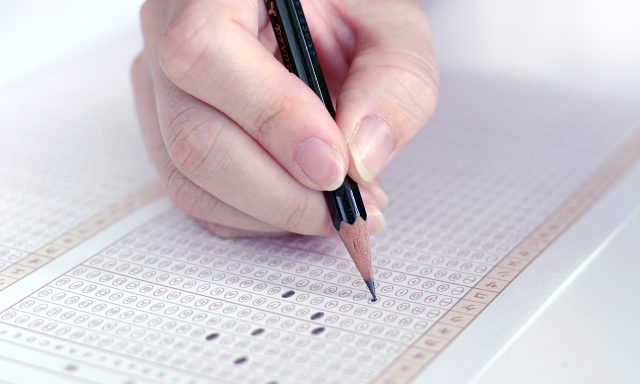Graduate School Admission Process in Japan

| Whether you are applying for a master’s or doctoral program, Japan has many options. If you don’t know where to start, we have put together basic information to help you get on your way. There are many similarities between applying for undergraduate programs, but there are also differences in the eligibility requirements, application periods, and required documents. |
Eligibility Requirements
You may be eligible for graduate studies in Japan if you meet any of the following criteria:
- A sufficient level of Japanese
- Unless you are applying to a program taught in English
- You have completed undergraduate studies and graduated from a Japanese university
- You have completed a bachelor’s degree (or equivalent) at an accredited institution
- You have completed at least 16 years of education
- You have completed a professional training course
- Your academic abilities are equivalent to or exceed the level of university graduates as assessed by examinations by the admitting graduate institution and are at least 22 years of age.
If you are applying for a doctoral program, you may be required to have a master’s degree or an equivalent.
Research Plan / Proposal
As a graduate student, you will most likely undertake the research during your studies. Most schools will require that you submit your plan (sometimes called a proposal) for them to consider your admission. Research plans are generally about 2,000 Japanese characters long and include the following information:
- Purpose of your research
- Background
- The significance of your research
- Research methods
- References, materials, etc.
As schools can be very critical of research plans, it is very important that it shows how interested and serious you are about your selected topic. The proposal must also demonstrate your ability to choose a topic, think analytically and logically, and demonstrate knowledge of your field.
Find a School
In many ways, this is also the most difficult part of the process. You can find a lot of information online about individual schools. If you are in Japan, you might even be able to schedule campus visits. Many schools can send information to you overseas. If not, you may need to have a friend or acquaintance send this information to you instead.
Finding an Academic Advisor
The need to find your own academic advisor is one thing that differentiates the Japanese graduate school application process from much of the rest of the world. It is easier to find contact information for some people than it is for others and often times you will need to go through the department or school to contact your desired advisor. If you do not know who you would like to work with, many schools will assign an advisor to you. In any case, you will need to supply the following:
- Specifics about your research
- This can be in the form of your research plan
- Reasons for wanting to work with a specific advisor or department
- Letters of Reference
- These are not a requirement but definitely helpful in helping the advisor and department better judge whether or not you are a good fit for the program
If all goes well, you will receive informal consent to apply for your program of interest.
If you don’t know where to begin with your advisor search, professors at your undergraduate institution, former students of your institute of interest, academic journals are all great resources for you to refer to. You may also contact universities directly.
Application Materials and Requirements
Required documents for admission to a graduate school can differ from institution to institution. In general, the following documents are necessary:
- School-specific application form
- A bachelor’s degree certificate (or equivalent)
- Or a letter of anticipated graduation date.
- A master’s degree certificate (or equivalent)
- Or a letter of anticipated graduation date (doctoral course applicants)
- Academic transcripts for the last school attended
- Letters of reference
- Graduation/research thesis and abstract
- Research plan
- Any other documents requested by the institution
Please keep in mind that while many schools do allow for immediate admission and commencement of your degree program, many others require that you start as a research student before being formally admitted into a degree program.
Application Priods
Application periods generally last from June through October or November and, in some cases, January. Most schools admit in April while other schools also offer options to begin studies in the fall. In many cases, application timelines are the same regardless of your intended start date. Please check with the school you are interested in for specific dates.
Examinations and Interviews
After initial screenings of your application documents, you may have to take oral examinations, provide written essays, and participate in interviews. Some of these can be done remotely while others may have to happen on-site. Please refer to the appropriate institution for more details.
Though it might be a bit more difficult than applying to an undergraduate program, making use of all the resources available to you and preparing all the necessary materials in a timely fashion should lead to being successfully admitted into the program of your dreams. Stay focused and determined and good luck!





